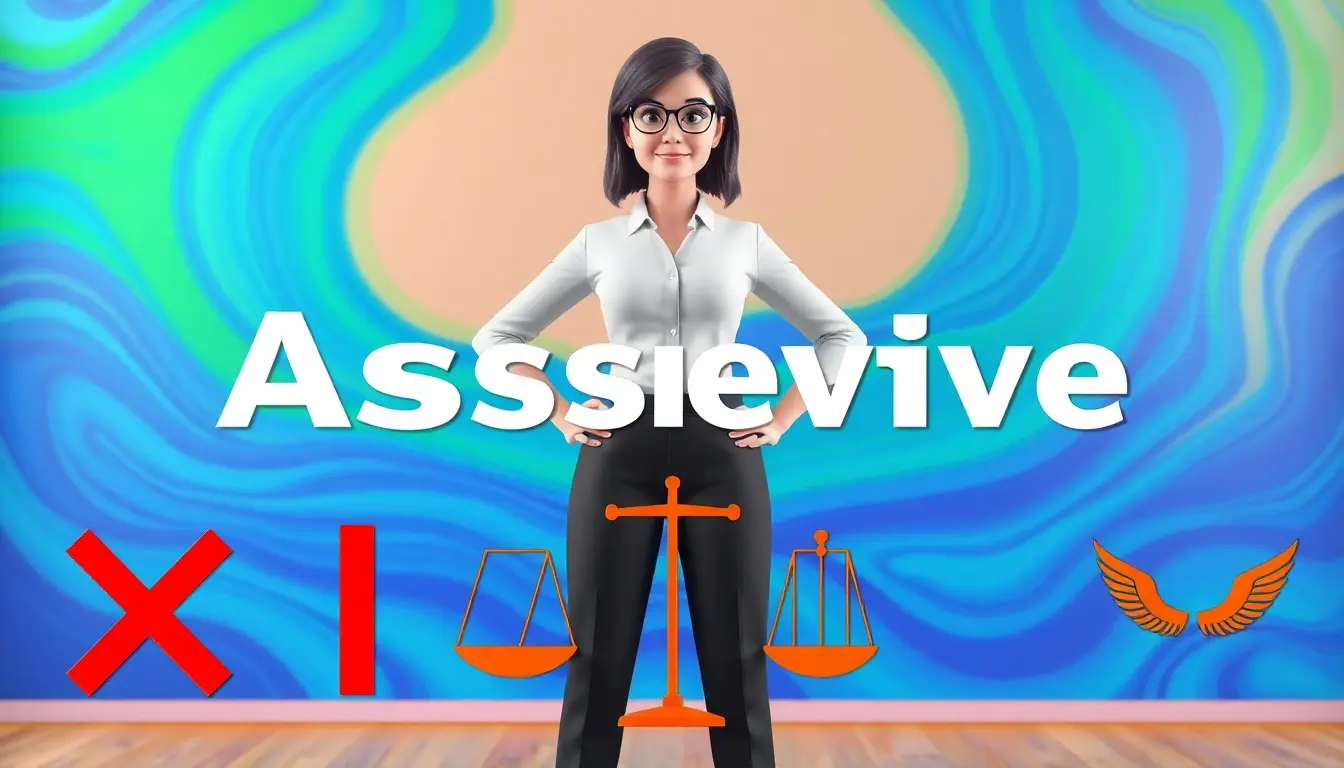Understanding the Importance of Negotiation Skills
Learning negotiation skills is crucial in today’s fast-paced business environment. Negotiation is a vital aspect of any business deal, and having the right skills can make all the difference between success and failure. Effective negotiation skills can help you build strong relationships with clients, vendors, and colleagues, ultimately leading to better business outcomes. In this article, we will explore the importance of negotiation skills, types of negotiation, and provide you with practical tips to improve your negotiation skills.
Negotiation skills are not limited to business; they can also be applied in personal life, such as when buying a house, car, or even negotiating a salary. The ability to negotiate effectively can save you time, money, and stress. Moreover, negotiation skills can help you communicate more effectively, build trust, and resolve conflicts.
Types of Negotiation
There are several types of negotiation, including:
Distributive Negotiation
Distributive negotiation involves dividing a fixed pie between two or more parties. This type of negotiation is often used in business deals, such as when buying or selling a product. The goal is to get the best possible deal for yourself, often at the expense of the other party.
Integrative Negotiation
Integrative negotiation involves finding a mutually beneficial solution. This type of negotiation is often used in partnerships, joint ventures, or when negotiating a contract. The goal is to find a solution that satisfies both parties.
Principled Negotiation
Principled negotiation involves separating the people from the problem and focusing on interests rather than positions. This type of negotiation is often used in conflict resolution and can help build trust and understanding between parties.
Preparing for a Negotiation
Before entering a negotiation, it’s essential to prepare thoroughly. Here are some tips to help you prepare:
Research the Other Party
Research the other party’s needs, goals, and limitations. This will help you understand their perspective and tailor your negotiation strategy accordingly.
Set Clear Goals
Set clear goals for the negotiation, including what you want to achieve and what you’re willing to compromise on.
Identify Your BATNA
Identify your Best Alternative to a Negotiated Agreement (BATNA). This is your backup plan in case the negotiation fails.
Practice Active Listening
Practice active listening by paying attention to the other party’s concerns and responding accordingly.
Effective Negotiation Techniques
Here are some effective negotiation techniques to help you get the best possible outcome:
Use Open-Ended Questions
Use open-ended questions to gather information and encourage the other party to share their thoughts and concerns.
Make a Strong First Offer
Make a strong first offer to set the tone for the negotiation. This can give you an upper hand and help you achieve your goals.
Use Time to Your Advantage
Use time to your advantage by taking breaks or slowing down the negotiation process. This can help you think clearly and make more informed decisions.
Look for Mutually Beneficial Solutions
Look for mutually beneficial solutions that satisfy both parties. This can help build trust and lead to a more successful outcome.
Common Negotiation Mistakes to Avoid
Here are some common negotiation mistakes to avoid:
Making Concessions Too Quickly
Making concessions too quickly can weaken your position and give the other party an upper hand.
Being Too Rigid
Being too rigid can lead to a stalemate and make it difficult to reach a mutually beneficial solution.
Not Listening Actively
Not listening actively can lead to misunderstandings and miscommunication, ultimately affecting the outcome of the negotiation.
Conclusion
Learning negotiation skills takes time and practice, but it’s a valuable investment in your personal and professional life. By understanding the importance of negotiation skills, types of negotiation, and effective negotiation techniques, you can improve your negotiation skills and achieve better outcomes. Remember to prepare thoroughly, use active listening, and look for mutually beneficial solutions to get the best possible result.
FAQ
What is the most effective negotiation technique?
The most effective negotiation technique is active listening, which involves paying attention to the other party’s concerns and responding accordingly.
How can I improve my negotiation skills?
You can improve your negotiation skills by practicing active listening, researching the other party, setting clear goals, and identifying your BATNA.
What is the difference between distributive and integrative negotiation?
Distributive negotiation involves dividing a fixed pie between two or more parties, while integrative negotiation involves finding a mutually beneficial solution.







Leave a Reply